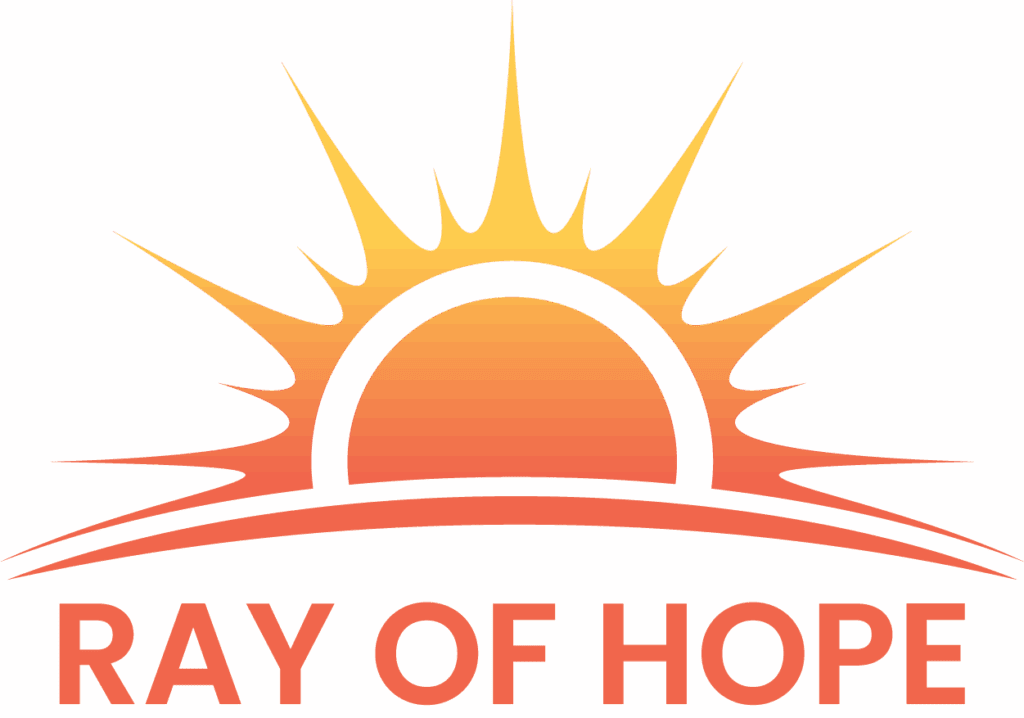Journaling has become a recognized and effective tool in addiction recovery. By offering a private space to process emotions and reflect on progress, this practice acts as a therapeutic companion for those seeking long-term sobriety.
This article explores how keeping a record of one’s thoughts and experiences supports emotional healing, self-awareness, relapse prevention, and mental health, making it a powerful tool in the recovery journey.
Emotional Healing
Writing allows individuals to safely express and process complex thoughts and feelings, such as guilt, shame, anger, and anxiety, which are commonly experienced during recovery. It helps release these pent-up emotions, reducing overwhelm and promoting healing. The act of documenting provides a constructive outlet for stress relief, allowing individuals to vent frustrations and concerns without judgment. Writing helps clarify issues, explore solutions, and promote healthier decision-making. This process fosters self-reflection, resilience, and self-compassion, all of which are essential for staying sober during difficult periods.
Self-Awareness and Reflection
Writing regularly nurtures self-awareness by encouraging individuals to examine their behaviors and recurring patterns. It uncovers subconscious motivations and habits that may contribute to addiction. This insight fosters personal growth, enabling individuals to recognize a trigger early and make conscious, positive decisions that support sobriety. Note-taking also documents recovery milestones, reinforcing motivation and accountability through visible progress toward goals.
Identifying Relapse Triggers
Diary entries serve as invaluable resources for relapse prevention. By tracking situations, emotions, and stressors linked to cravings or substance use urges, individuals can identify specific patterns that increase backslide risk. Understanding these triggers allows for the development of tailored coping strategies and preemptive actions, reducing the chance of setbacks.
Writing regularly about one’s activities or thoughts becomes even more effective when combined with structured care through an intensive outpatient program, where professional guidance reinforces self-monitoring practices. Reviewing past writing also helps recognize early warning signs, empowering individuals to seek support promptly during the recovery process.
Supporting Cognitive and Mental Health Recovery
The writing process can help strengthen cognitive function by organizing thoughts and improving emotional regulation. Studies suggest that expressive writing reduces intrusive negative thinking, which is especially valuable for individuals facing substance use disorder. When combined with evidence-based approaches in addiction treatment, writing helps enhance mindfulness, memory, and overall well-being, contributing to long-term mental health stability.
Different Types of Journals to Aid Recovery
- Gratitude Log: Fosters positivity, optimism, and appreciation during sobriety challenges.
- Trigger-Tracking Record: Raises awareness of situations that could prompt a setback.
- Goal-Setting and Progress Diary: Motivates individuals by documenting objectives and achievements.
- Reflective Journal: Encourages deep emotional exploration and personal insight.
These varied formats demonstrate how expressive writing can be a powerful and multifaceted way to engage with the recovery process.
Practical Tips for Starting and Maintaining a Journaling Habit
To get the most out of writing down your stream of consciousness, it is important to approach it with intention and consistency. Creating a safe and comfortable environment, whether it’s a quiet corner at home, a favorite chair, or even a park bench, can help signal to the mind that this is a space for reflection and self-expression. Many people find it helpful to keep their daily record in the same place each day to establish a sense of routine.
Setting realistic goals is also essential. Rather than committing to lengthy daily entries, start small with just a few sentences or five minutes of writing. Documenting a few times a week can be just as beneficial as writing daily, especially when it reduces the pressure to produce “perfect” entries. Over time, these small, manageable steps can grow into a sustainable habit that feels natural rather than forced.
Most importantly, honesty and openness in one’s entries foster genuine self-reflection and growth. Journaling works best when individuals allow themselves to write without fear of judgment, grammar concerns, or the need to censor difficult emotions. By treating the journal as a private companion rather than an audience, people are more likely to uncover patterns, release emotions, and discover new ways to cope with challenges.
Best Prompts for Recovery
Using prompts can make recovery writing more structured and meaningful. They provide a starting point for self-reflection and help uncover insights that might otherwise remain hidden.
Here are a few examples:
- What emotions did I struggle with today, and how did I respond?
- What are three things I feel grateful for right now?
- What situation or thought triggered cravings, and how did I handle it?
- What progress have I made in my recovery journey this week?
- What do I want to focus on for my goals tomorrow?
- What gives me strength when I feel challenged?
These prompts encourage exploration of both challenges and victories, helping individuals develop strategies for relapse prevention, strengthen self-awareness, and cultivate a mindset of resilience and gratitude.
Final Thoughts from the Ray of Hope Behavioral Health
Journaling offers a wide range of benefits for individuals navigating addiction recovery, from supporting mental health to preventing relapse. While it is not a replacement for professional treatment, that practice is a powerful addition to the sobriety journey, encouraging long-term healing and personal growth.
At Ray of Hope Behavioral Health, we provide comprehensive addiction treatment in Columbus, Ohio, with journaling as part of a holistic recovery process. By combining evidence-based therapies with practical tools like writing, we help individuals build self-awareness, track goals, and find healthier ways to process thoughts and feelings. This approach supports not only sobriety but also overall well-being and lasting personal growth.




